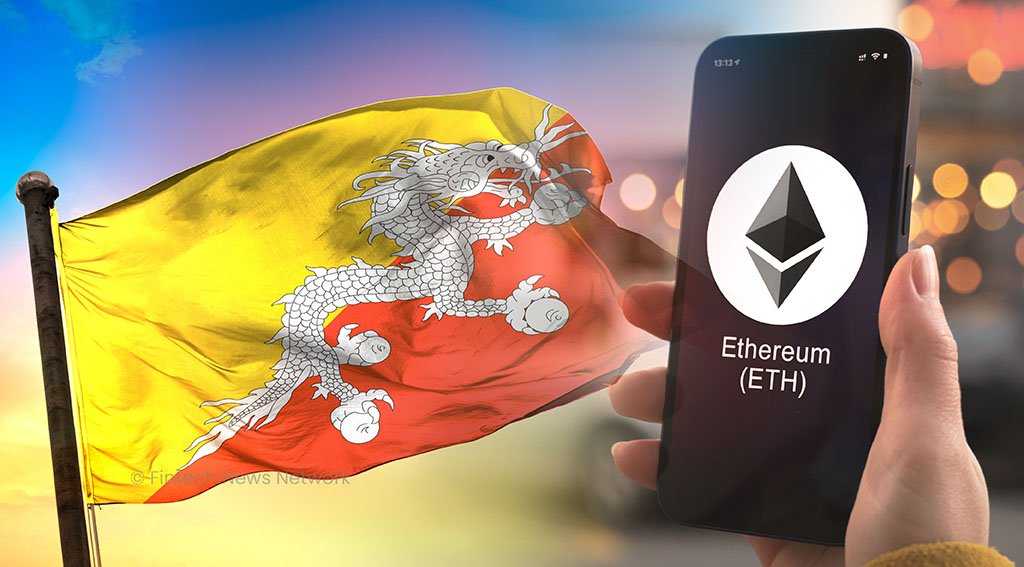The Kingdom of Bhutan is using the Ethereum blockchain to power its national digital identity platform, strengthening transparency and citizen control.
The integration marks a major step in Bhutan’s plan to build a secure, decentralised digital ecosystem.
By anchoring its National Digital Identity (NDI) system to Ethereum’s globally distributed network, Bhutan aims to enhance data integrity, resilience, and privacy while reducing reliance on centralised databases.
The government plans to complete the full migration of the NDI platform to an Ethereum-based infrastructure by early 2026.
With this integration, the NDI platform can issue verifiable credentials and enable digital signatures directly on Ethereum, supporting Bhutan’s self-sovereign identity framework.
The system allows citizens to verify aspects of their identity without exposing or sharing personal data through centralised systems.
Bhutan launched its National Digital Identity in 2023 under the patronage of His Royal Highness The Gyalsey, who became the country’s first digital citizen.
It remains the first nation in the world to roll out a self-sovereign identity system at population scale, setting an example that has prompted other governments to explore similar approaches.
Ethereum Foundation President Aya Miyaguchi said Bhutan’s approach reflects Ethereum’s mission to build open, inclusive systems that strengthen trust and empower individuals to control their data without central points of failure.

“The integration of Bhutan’s National Digital Identity platform with Ethereum marks a major step in advancing our nation’s digital sovereignty. By leveraging Ethereum’s globally distributed network, we are strengthening the security, transparency, and resilience of Bhutan’s digital infrastructure.
This milestone also affirms our vision of building an interoperable and user-controlled identity system—one that connects Bhutan to global ecosystems while upholding His Majesty the King’s vision of a secure, inclusive, and digitally empowered society,”
said Lyonchen Tshering Tobgay, the Prime Minister of Bhutan.

“Decentralised digital identity empowers people by giving them more secure control over their data and their online lives.
Bhutan’s embrace of an open architecture on Ethereum reflects why we build this platform: to drive meaningful, positive change through open-source technology”,
said Vitalik Buterin, co-founder of Ethereum.
Bhutan is now exploring new applications of blockchain technology, including digital document signing and blockchain-based voting, as part of its broader push toward a trusted, citizen-led digital future.
Featured image: Edited by Fintech News Singapore, based on images by FellowNekocat and travelstock86 via Freepik

